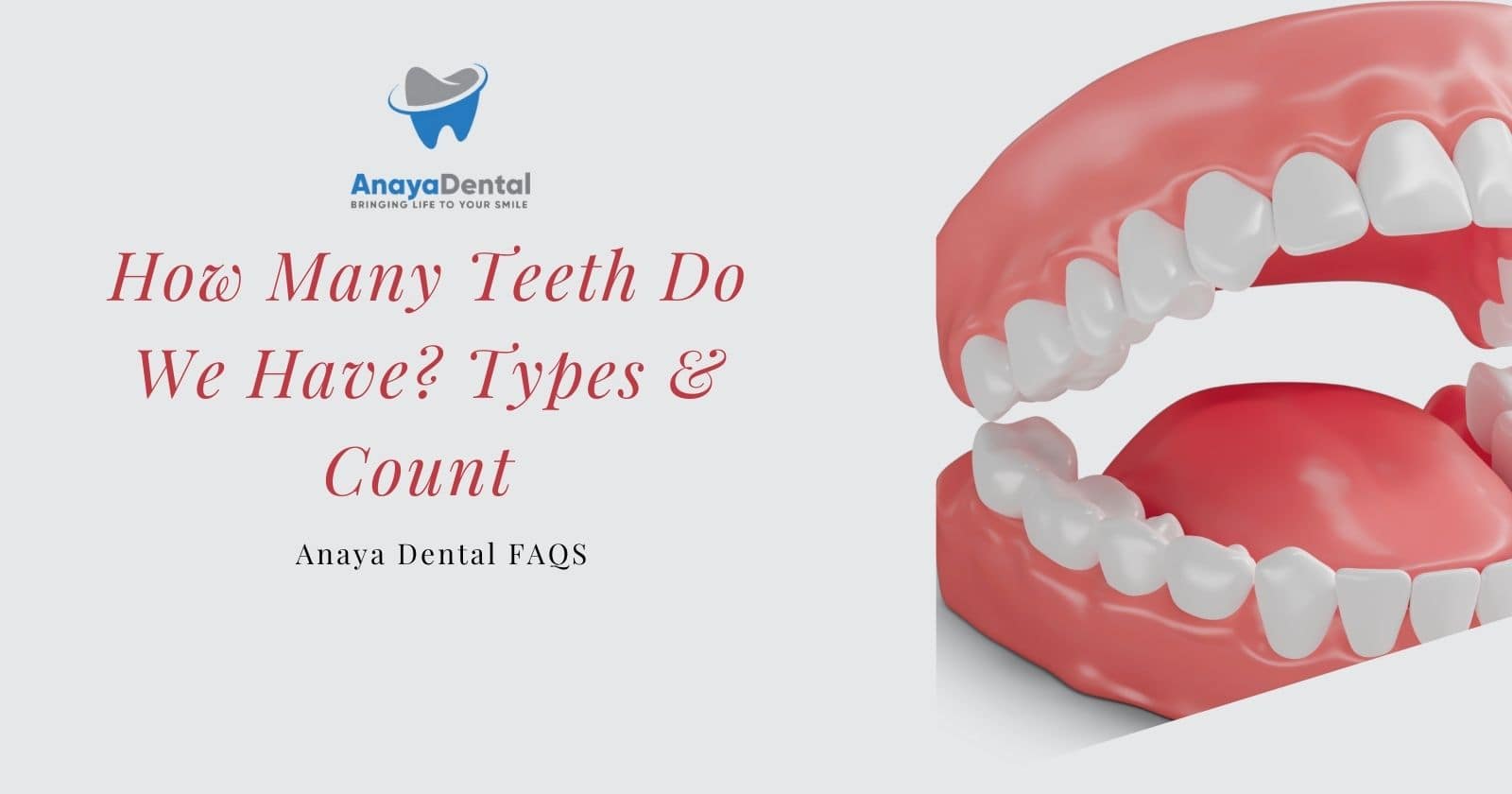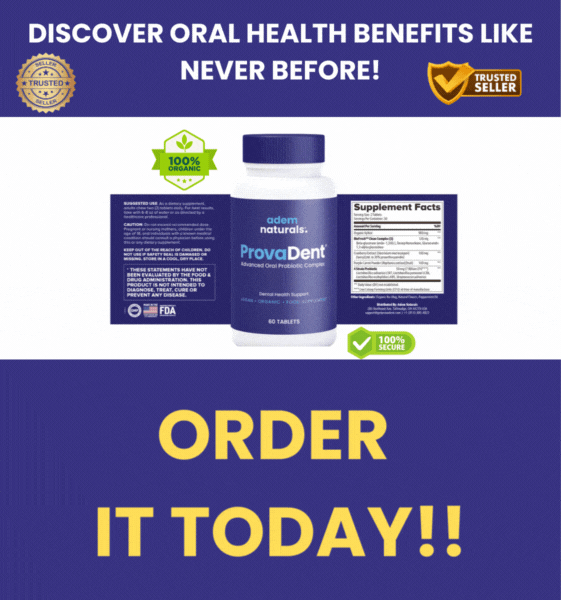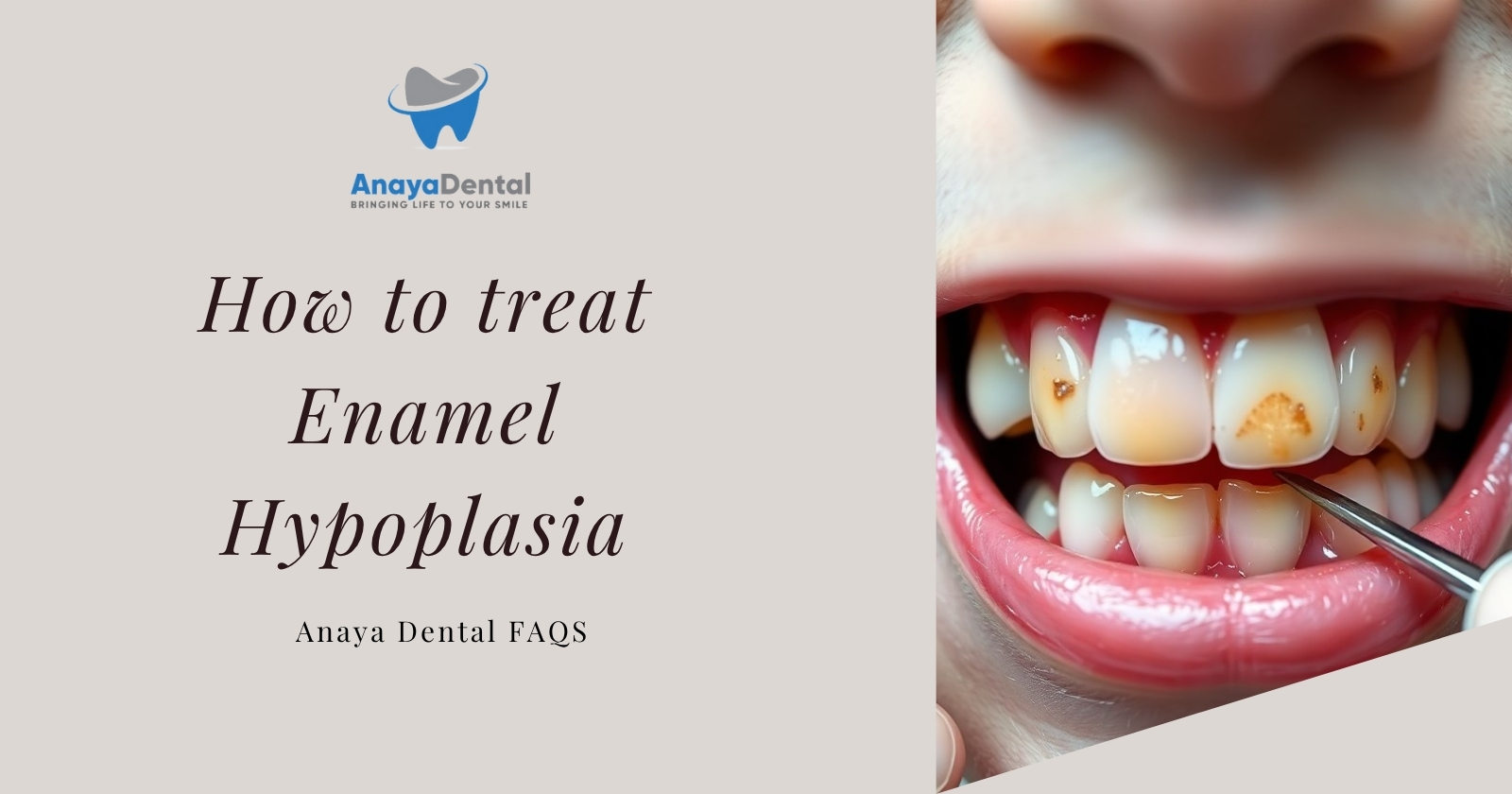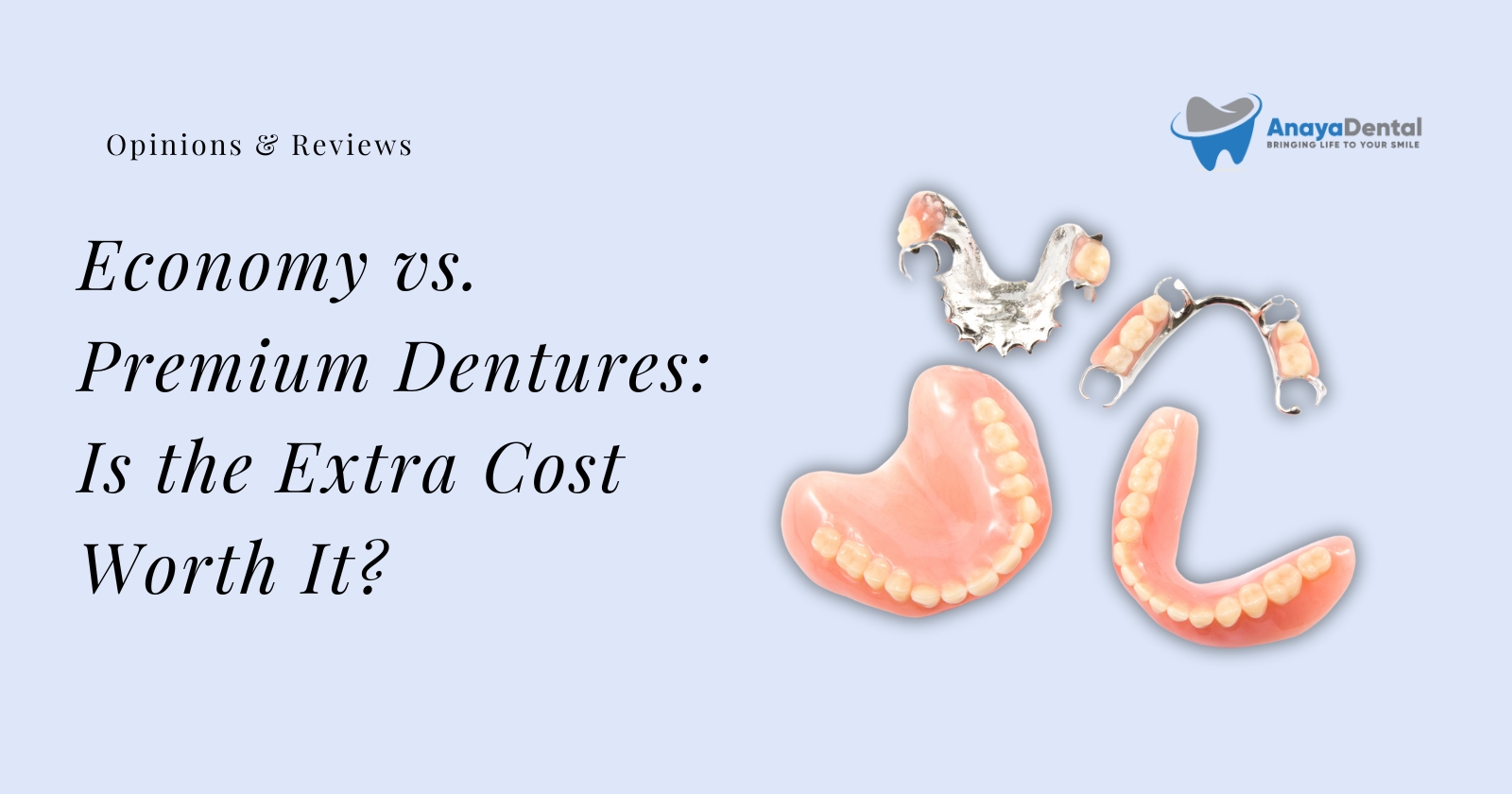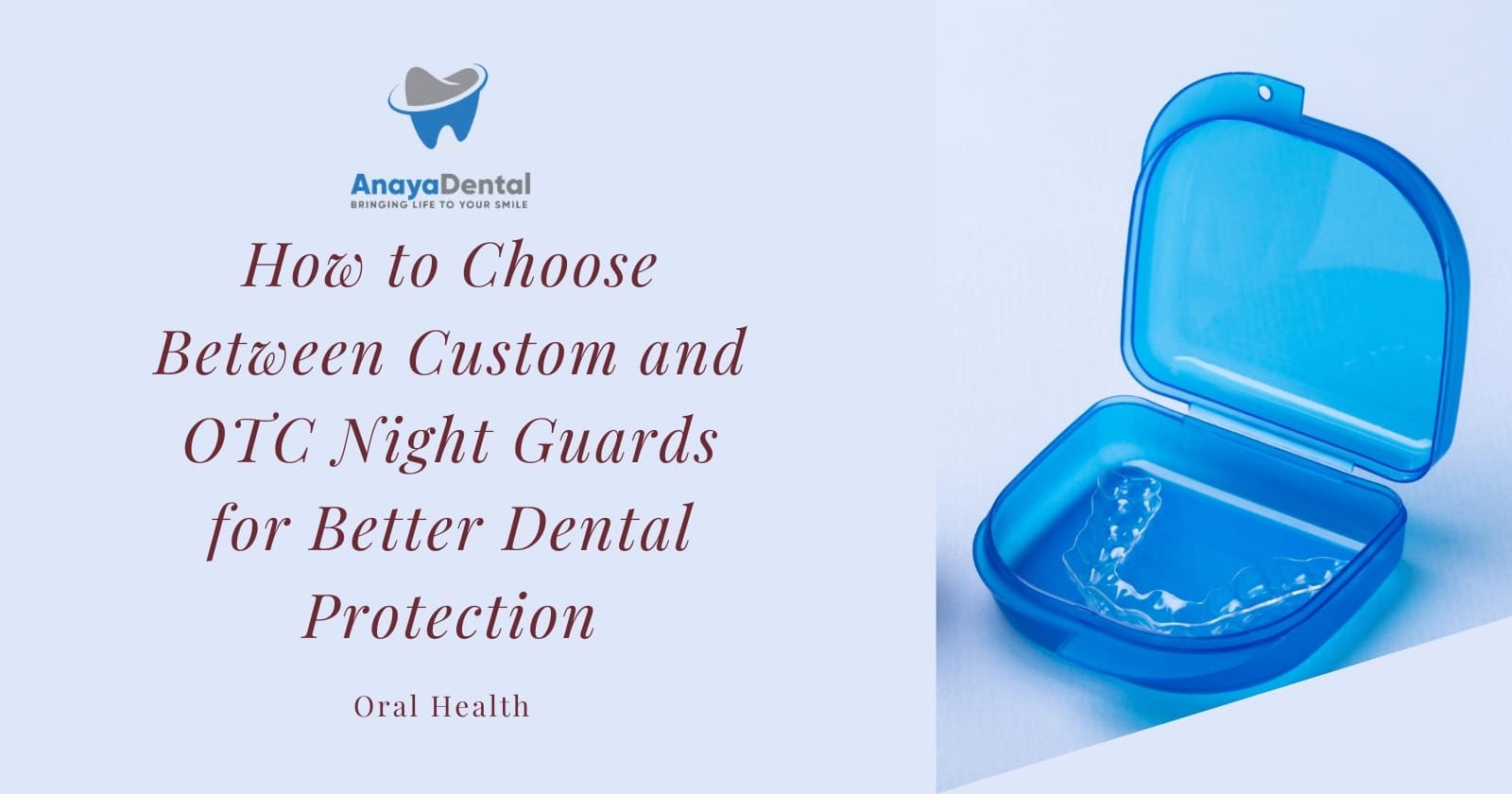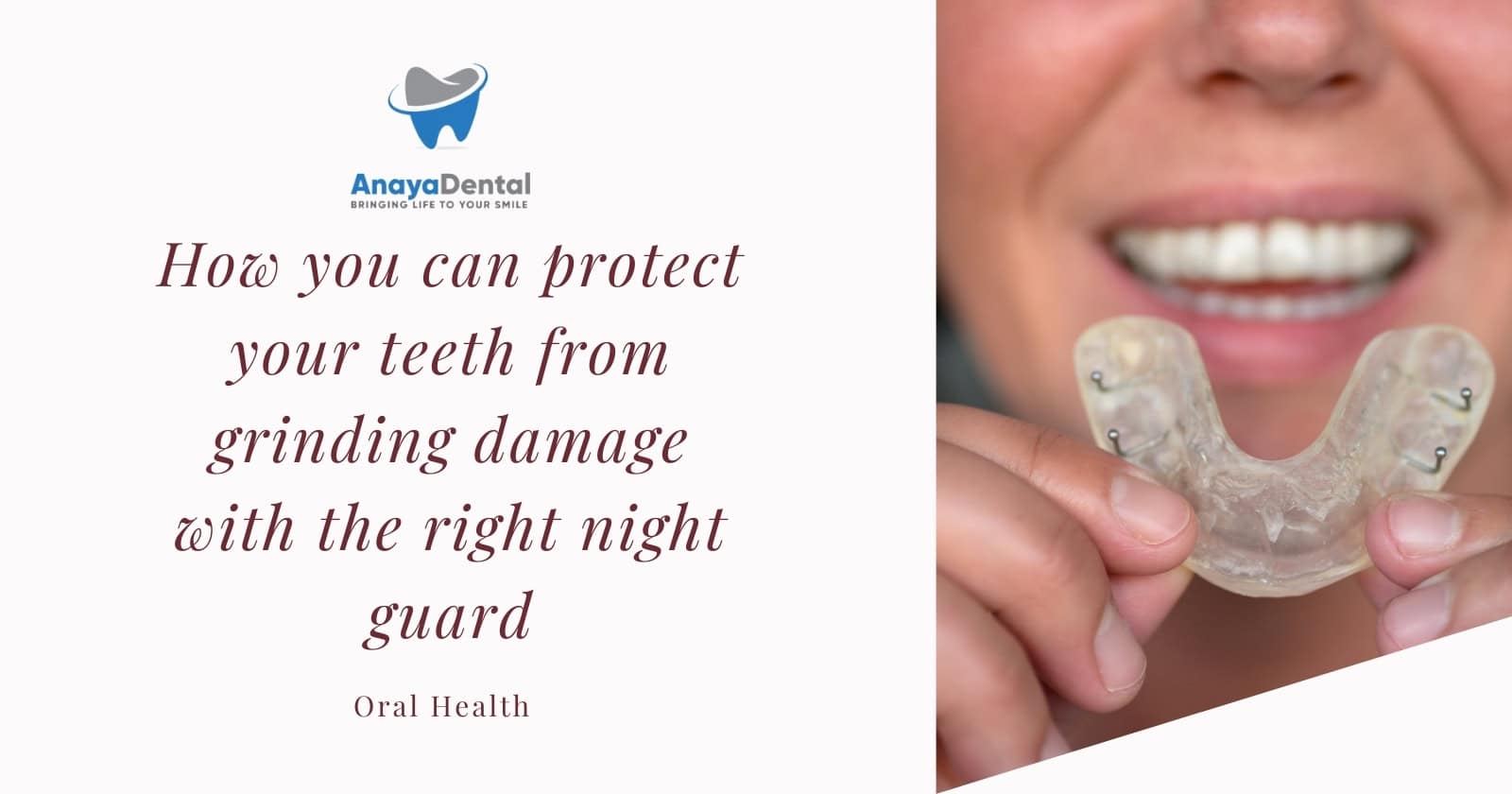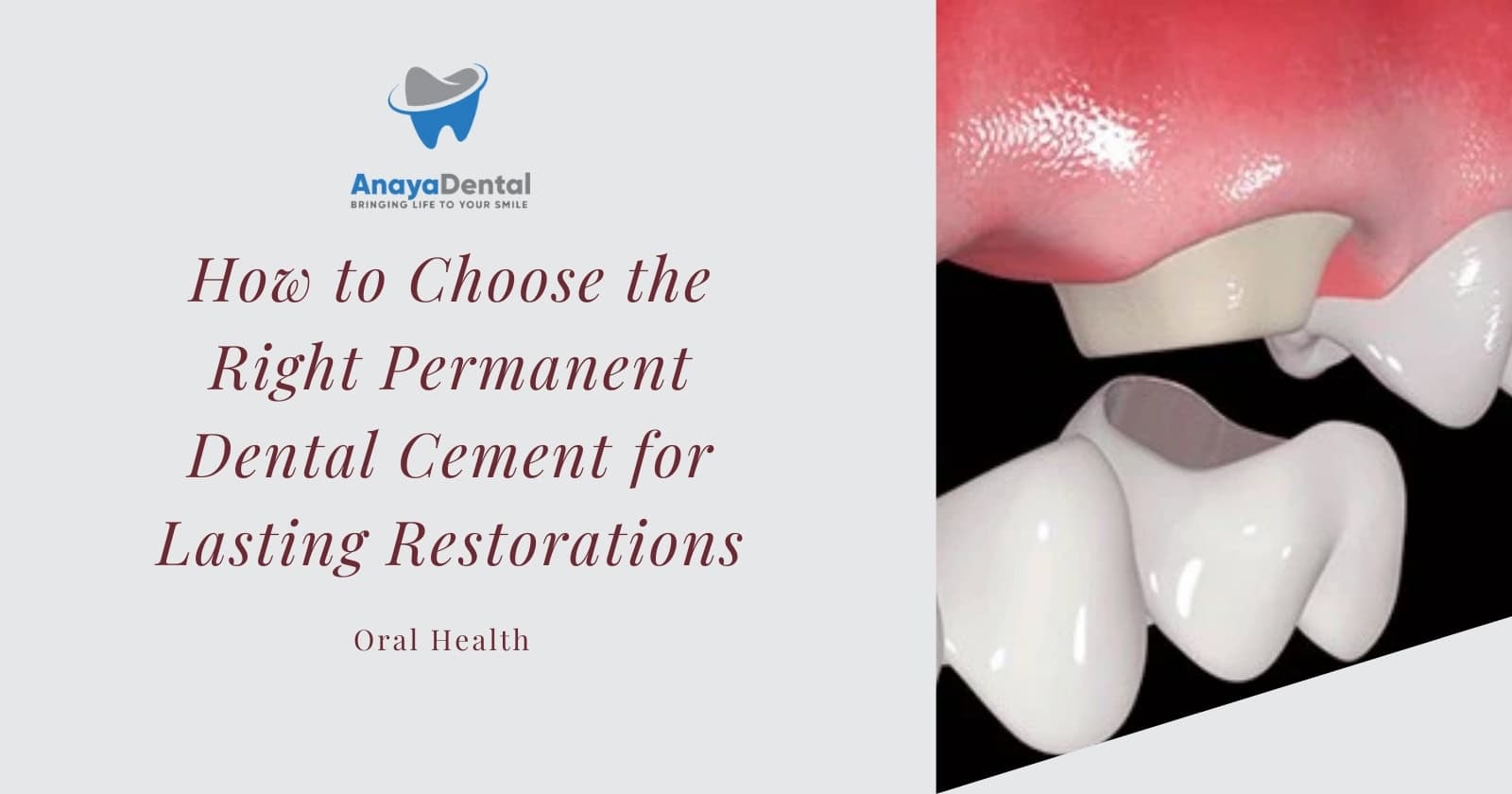You often take your teeth for granted, but have you ever stopped to think about how many you actually have? As you go about your daily routine, your teeth play a vital role in your overall health and wellbeing. You use them to eat, speak, and smile, but do you know the exact number of teeth in your mouth? Your curiosity is about to be satisfied, as you are about to discover the answer to this question and learn more about your teeth.
Key Takeaways:
- We have two sets of teeth in our lifetime: primary teeth and permanent teeth.
- Children have 20 primary teeth, which start to erupt when they are around 6 months old and continue to come in until they are about 3 years old.
- As we age, our primary teeth fall out and are replaced by 32 permanent teeth, which include incisors, canines, premolars, and molars.
- Most adults have 28 permanent teeth, but some people may have wisdom teeth, which can bring the total number of teeth to 32.
- Taking good care of our teeth through regular brushing, flossing, and dental check-ups can help prevent tooth decay and gum disease.
Anatomy of Teeth
The human mouth contains a complex system of teeth, each with its own unique characteristics.
Types of Teeth
You will find the following types of teeth in your mouth:
Try Our Dental Calculators
- Incisors
- Canines
- Pre-molars
- Molars
| Type of Teeth | Function |
|---|---|
| Incisors | Cutting food |
| Canines | Tearing food |
| Pre-molars | Chewing food |
| Molars | Grinding food |
| Wisdom teeth | Additional grinding |
On examining your teeth, you will notice that they are made up of different parts.
Structure of Teeth
Behind every tooth, there is a complex structure that allows it to function properly. You will find enamel, dentin, and pulp in your teeth.
Due to the unique structure of your teeth, you are able to eat and digest a wide variety of foods. Your teeth are made up of enamel, dentin, and pulp, which work together to allow you to chew and grind your food. As you learn more about the anatomy of your teeth, you will gain a greater appreciation for the important role they play in your overall health.
Number of Teeth in Humans
It is important to understand that the number of teeth in humans varies at different stages of life. You have a set of teeth that develops and changes as you grow. Your teeth play a vital role in your overall health, and knowing how many teeth you have can help you take better care of them.
Baby Teeth
Prior to the development of permanent teeth, you have a set of baby teeth. Before your adult teeth start coming in, you typically have 20 primary teeth that begin to erupt when you are around six months old. You will start to lose these teeth as your permanent teeth grow in.
Adult Teeth
Once your baby teeth have fallen out, you will have a set of adult teeth. Normally, you will have 32 permanent teeth, including your wisdom teeth, which typically erupt between the ages of 17 and 25. You should take good care of your adult teeth to ensure they last a lifetime.
A healthy set of adult teeth is vital for your overall well-being. As you now have your permanent teeth, you should prioritize your oral health by brushing and flossing regularly, visiting your dentist for check-ups, and maintaining a balanced diet to keep your teeth strong and healthy, allowing you to enjoy a beautiful smile and good oral health for years to come.
Development of Teeth
Once again, you find yourself wondering about the process of teeth development, which is a complex and highly regulated process. Your teeth start developing during embryonic development, and by the time you are born, you have a set of primary teeth already formed.
Tooth Eruption
Above all, the process of tooth eruption is fascinating, as you watch your teeth come in, usually starting with the lower front teeth. You will notice that your teeth erupt at different times, with most of your primary teeth coming in by the age of three.
Tooth Growth
Across the years, your teeth will continue to grow and develop, with your primary teeth eventually falling out and being replaced by permanent teeth. You will notice that your teeth grow in a specific pattern, with the roots developing after the crowns have formed.
Also, as you learn more about tooth growth, you will discover that your teeth are made up of different layers, including enamel, dentin, and pulp. You will find that taking good care of your teeth is necessary to maintaining good oral health, and understanding the development and growth of your teeth is the first step in doing so.
Factors Affecting Tooth Number
Unlike other parts of your body, the number of teeth you have can vary. Consider the following factors:
- Genetics
- Environmental factors
The number of teeth you have can be influenced by these factors.
Genetics
Along with your overall health, your genetic makeup plays a significant role in determining your tooth number. You may have a higher or lower number of teeth due to your genetic inheritance.
Environmental Factors
On top of genetic factors, your environment also affects your tooth number. Consider:
- Diet
- Oral hygiene
Recognizing these factors can help you understand your tooth development.
Due to various environmental factors, you may experience changes in your tooth number. Consider:
- Nutritional deficiencies
- Oral health habits
Recognizing these factors can help you take better care of your teeth and overall health.
Maintenance of Teeth
Despite the importance of having a full set of teeth, you need to take care of them to maintain their health and functionality. Regular maintenance is imperative to prevent problems and ensure your teeth last a lifetime.
Oral Hygiene
Above all, you should prioritize brushing and flossing your teeth daily to remove plaque and bacteria that can cause cavities and gum disease.
Dental Care
Behind every healthy smile is a good dental care routine, which includes regular check-ups with your dentist to catch any potential issues early on.
Even when you practice good oral hygiene, you may still encounter problems, so it’s imperative to work closely with your dentist to address any concerns and develop a personalized care plan tailored to your needs, ensuring your teeth remain strong and healthy for years to come.
Interesting Facts
After exploring the basics of teeth, you’ll find that there’s more to them than meets the eye. Your teeth are unique and play a vital role in your daily life, from eating to speaking.
Record-Breaking Teeth
Against all odds, some people have been known to have an extraordinary number of teeth, with some cases reporting over 30 teeth in one mouth, making their smile truly one-of-a-kind.
Unique Teeth Features
Any dental expert will tell you that your teeth are as unique as your fingerprints, with no two sets being exactly alike, making your smile truly yours.
To further appreciate the uniqueness of your teeth, consider the shape, size, and alignment of each tooth, which work together to form your distinct smile, allowing you to chew, speak, and express yourself with ease, and as you learn more about your teeth, you’ll develop a greater appreciation for the important role they play in your daily life, and how they contribute to your overall health and wellbeing.
Final Words
To wrap up, you now know that you have a total of 52 teeth in your lifetime, including your baby teeth and permanent teeth. You started with 20 baby teeth and 32 permanent teeth developed as you grew older. Your teeth play a vital role in your overall health, and taking care of them is crucial for your well-being. You can maintain good oral health by practicing regular brushing and dental check-ups, ensuring your teeth remain strong and healthy throughout your life.
